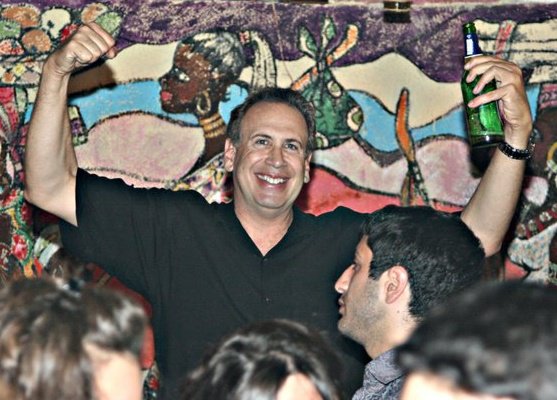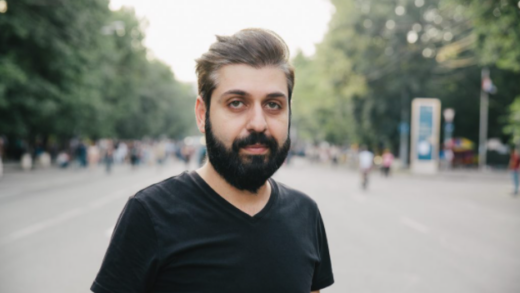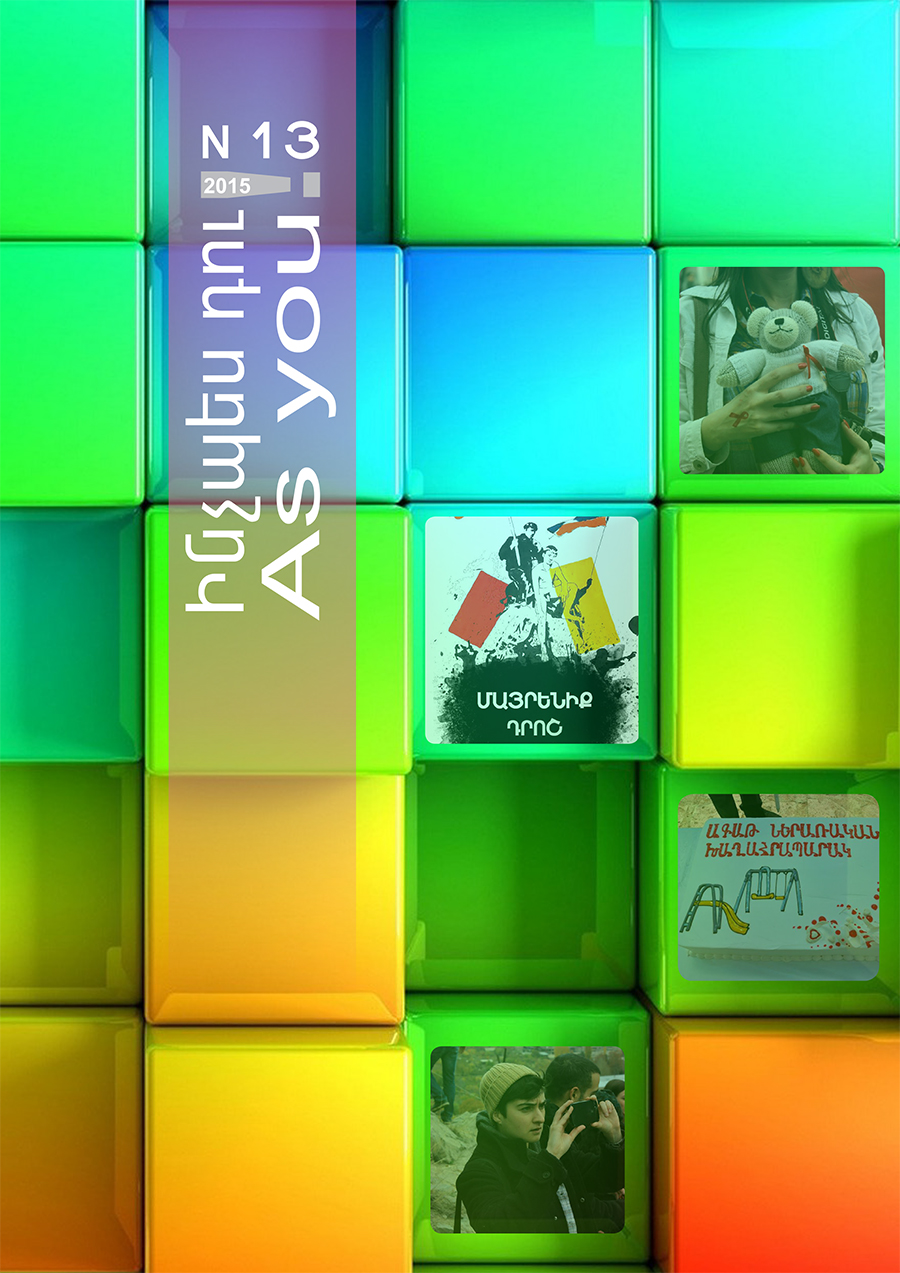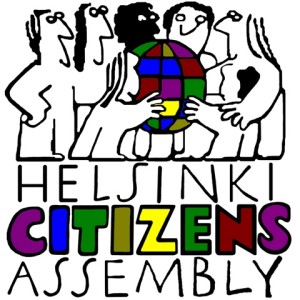 The problem of human rights protection must be continually acknowledged and remain a priority in any civilized society.
The problem of human rights protection must be continually acknowledged and remain a priority in any civilized society.
Since March 21th, 1998 Helsinki Citizens’ Assembly (HCA) Vanadzor NGO has been working in the Republic of Armenia as a branch of Helsinki Citizens’ Assembly Armenian Committee. HCA-Vanadzor is a non-political, non-religious, non-commercial, independent organization. It combines individuals who evaluate democracy, tolerance, pluralism and human rights protection. This non-governmental organization’s activities include human rights protection, advocacy, civic initiatives, as well as peace building spheres.
HCA Vanadzor NGO is one of the most active organizations in human rights protection spheres in the Republic of Armenia. The functions of this human rights organization are focused on legislative gaps, on identifying mistakes, strategic implementation trials, on free legal assistance for socially vulnerable citizens, and to prepare reports in the field of human rights.
HCA Vanadzor NGO also pays a lot of attention to peace building. Because Armenia is in the center of a political conflict, there is a greater need to resolve these problems peacefully. HCA Vanadzor NGO is involved not only in peaceful solutions, but also in raising public awareness and developing cooperation between the citizens.
This human rights protection organization is also involved in tolerance building among the citizens of Armenia. The freedom written in the Constitution is usually understood in different ways among the different spheres of social life, this often leads to intolerance. The latter, as a rule, causes problems among the relationships of LGBT or religious minorities and other vulnerable groups.
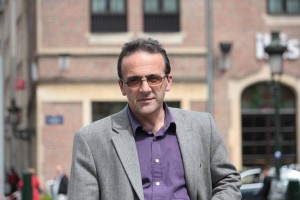 The current head of the HCA Vanadzor NGO is Artur Sakunts. Here is the interview with Mr. Sakunts.
The current head of the HCA Vanadzor NGO is Artur Sakunts. Here is the interview with Mr. Sakunts.
– What were the motivating factors in founding the Helsinki Citizens’ Assembly-Vanadzor NGO?
Helsinki Citizens’ Assembly came to South Caucasus in 1992. It was founded by Vaclav Haveli in 1990. It aimed to support the civil society’s formation in the post-Soviet and post-Socialistic region. The purpose was to realize the aim the National Committees has established in Armenia, Azerbaijan and Georgia since 1992. Helsinki Citizens’ Assembly also had its representative in Nagorno-Karabakh – “Helsinki initiative-92” organization. The Helsinki Citizens’ Assembly-Vanadzor NGO was founded in 1998.
– What was the concept of “Human rights protection” in 1990s’ and now?
The problem then was that after the collapse of the Soviet Union there was need for new systems formation. The primary task for HCA was to support the peaceful resolution of conflicts in the South Caucasus and Balkans, to promote peace-building mission, to support missing prisoners of war, to promote meetings among the society involved in conflict. The formation of civil society introduced the people with activities for peaceful solutions to conflicts. It was a serious challenge, and in 1993, HCA Armenians Committee sent a request for abolition of the death penalty. After the war, in the late 90s’ civil institutions began to be founded in parallel to governmental institutions. The activity was gradually realised in Vanadzor, including Lori region. For 2000 until today we are dealing with issues of institutional significance, these include closed institutions, psychiatric hospitals, prisons, the armed forces, and special educational institutions. We conducted research in a Vanadzor nursing home, and orphanage. We will continue research of all Vanadzor nursing homes. Our task is the reform of the legislations, both to support and promote the lining of the legislation to the standards of human rights and for the international approaches to be fixed in the national legislation, and the practice. Still we use monitoring, legal consultations and judicial protection, at the same time we submit relevant reports, and raise the issues which are impossible to solve in the national level. Geographically we try not to be limited to Lori region. The organisation is quite popular both among regional, and international institutions, among the networks created by non-governmental organisations like “The Civil Concord”, “The South Caucasus Network of Human Rights Defenders” and “The Civil Society Forum”. This is the way our activities have naturally progressed.
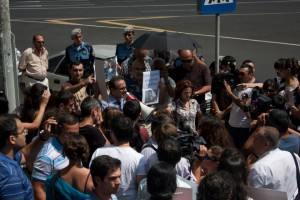 – Please mention a principle which you are guided by and you will never betray it in any case.
– Please mention a principle which you are guided by and you will never betray it in any case.
Only one principle? Perhaps, the most important is the issue of human dignity violation never to make a topic of diplomatic formulation. I mean diplomacy from the point of view of the political figures. This issue must never be debated. Dealing with such issues must be uncompromising, not to hurry, never compromise. It’s necessary to discuss, to cooperate with all the sides, but cooperation does not mean surrender or compromise. It’s important to be principal in your positions, even if the opposite side does not accept your views, your position, you must do everything to make him respect and consider it. It is consistency, it is not a game or just work you do, it is a philosophy. People are not born like this, they have to become. Approaching the problem from the perspective of human dignity is connected with a lot of challenges, especially for a country like Armenia. If you live in this environment, you must be able to demonstrate that your actions are not manipulations or role playing, that instead they are done out of a sense of human dignity and the respect. If you can reach this idea even to two people and they begin to treat the problem like this, it will really be a great success.
– As an active member of civil society, what would you advise to human rights defenders and activists?
Giving advice is the most unthankful thing that can be done. Our goal is not only to deal with problems, but also be an example, a precedent. A precedent is not about the judical practice, it is also about creating opportunities. It is important to remember that even in the most impossible situations there are always possible steps to create in the sphere of human rights. You have to be consistent, be sensitive, never leave the work unfinished. There are not impossible or insoluble problems. Never be disappointed, just remember that time is needed for the solution of the problem.
Siran Vanyan
